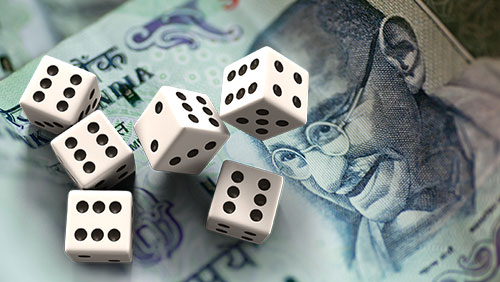This is a guest contribution by Priya Kumar, Director and Head of Content Strategy at Passion Gaming, India. If you would like to submit a contribution please contact Bill Beatty for submission details. Thank you.
The announcement to demonetize INR 1000 (USD 14.8) and INR 500 (USD 7.32) bills in a bid to slam down hard on India’s black money came as a shock to the country. Popular Prime Minister, Narendra Modi made this announcement at around 8pm on November 8, 2016 amidst both jubilation and panic. While the country’s administrative and banking structure grapples with the reality of executing this change over in the next 50 days, economists across the globe are theorizing on the impact of this demonetization on India’s GDP, inflation, lending rates, commodity prices, consumption patterns and other macro indicators. Impact of this sudden move by the ruling government which had vowed to weed out India’s parallel economy and increase tax contributions also promises to end corruption, fake currency and terrorism financing, all in one shot.
Demonetization and Gambling in India
While the focus at present remains on the macros, what’s staring us in the face is new opportunity that will surface very soon. India has had a sizeable unregulated betting market for some time now. The absence of regulation makes approximating the size of India’s gambling market difficult. Supported by some basic research, estimates for the total size of the gambling business which includes both online (offshore) and land-based betting in the states of Goa, Sikkim and Daman exceeded $60 billion in 2011. (1). In 2015, India’s Enforcement Directorate which tracks money laundering activities reported remittances of around $30 billion via 10 million login IDs originating in India at Betfair, UK’s premier betting company.(2). These numbers affirm a market size large enough for the industry to take notice.
